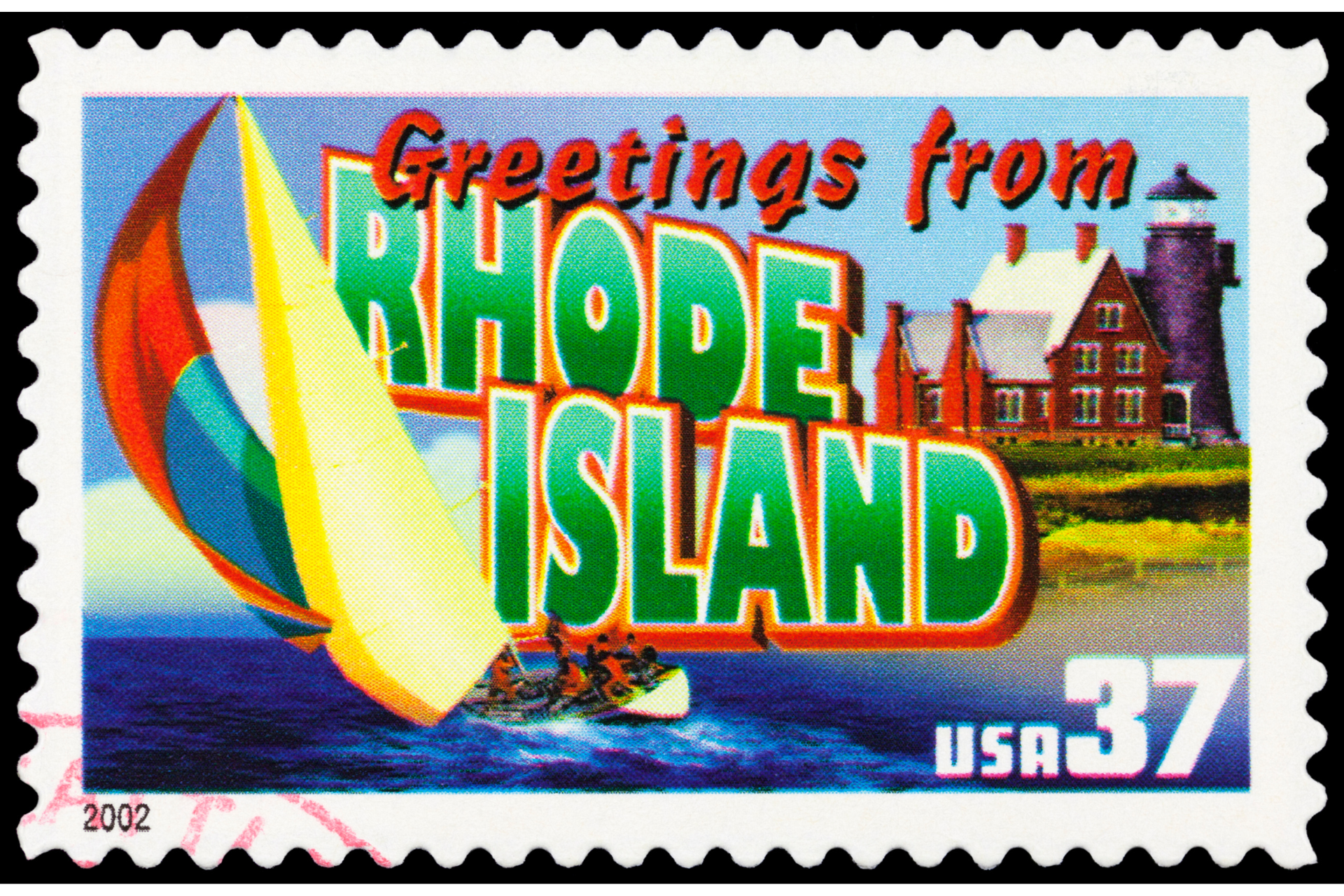On December 6, Rep. Jenniffer Gonzalez-Colon (R-PR) spoke before the House Agriculture Committee to advocate for the transition of Puerto Rico into the federal Supplemental Nutrition Assistance Program (SNAP), program which is available in all 50 states and some U.S. territories. This measure was intended to be considered as part of the Farm Bill reauthorization. The Farm Bill was not reauthorized on schedule, due to dysfunction in Congress in the fall. Instead, the Farm Bill, which reauthorizes U.S. nutrition and other programs, will be reconsidered in 2024.
The nutrition assistance program in Puerto Rico is much less generous that the SNAP program. Puerto Rico was originally in the federal program, but the funding was cut in the 20th century as a cost-cutting measure. Several members of Congress in the House and Senate have been working to achieve equality for Puerto Rico’s nutritional assistance program, and President Biden has expressed his commitment to doing so.
Work requirements
Rep. Gonzalez-Colon spoke in favor of this change, not only for the sake of equality, but also as a tool to reduce poverty in her constituency. “SNAP also has built-in tools to boost the economy, such as work requirements,” she said in a statement. “It is estimated that if Puerto Rico were included in SNAP and therefore met the work requirements, approximately 266,000 residents would join the workforce. These are significant figures that show why there is broad support, both from the public and private sectors, for the transition from NAP to SNAP.”
José Carrión and Andrew Biggs, members of the PROMESA Fiscal Oversight and Management Board, wrote an opinion piece in the Washington Post in 2018 demanding the work requirement for Puerto Rico. They argued:
“Puerto Rico’s 40 percent labor force participation rate falls short not only of every mainland state and every other Caribbean island, which average in the low 60 percent range, but also of 97 percent of the more than 200 countries and territories surveyed by the World Bank,” the authors point out. “If Puerto Rico boosted labor force participation even to West Virginia’s mainland-low 54 percent, the economy would increase by nearly 11 percent, tax revenue would rise, and the 44 percent poverty rate would plummet. But if labor force participation remains low, Puerto Rico will be forever poor.”
The work requirement has been a source of anxiety for some. States that have a work requirement for their food stamp programs are required to provide job training for recipients — and many don’t have the resources to do so. Economists suggest that the volatility of low-wage jobs also makes it hard for food stamp recipients to meet the required hours per month. A few months with short hours can cause people to lose the food resources they rely on to get them through the difficult times. Those who live in rural areas may not have access to training programs.
The federal grant program for Puerto Rico nutrition assistance has no resources specified for job training; recipients living in every geographic area do not have meaningful access to such programs.
Disaster assistance and agriculture
Another difference between NAP and SNAP is the availability of disaster assistance. Puerto Rico is not eligible for special nutrition funding in case of natural disasters. “The PAN [NAP] is one of the main programs that residents of the territory turn to when there is an economic crisis or emergency, affecting their working hours and livelihoods, and yet they are let down compared to their SNAP counterparts,” Gonzalez-Colon pointed out in her remarks to the committee. “I urge you to seize the opportunity provided by the upcoming Farm Bill to address this issue and support greater nutrition assistance and security for Puerto Rico.”
With about 85% of food consumed in Puerto Rico being imported, Puerto Rico is not in a position to manage well when disasters disrupt the territory’s supply chains. This makes disaster supplementation especially important for Puerto Rico.
At the same time, Gonzalez-Colon also spoke up for a trio of agriculture bills to support Puerto Rico’s agriculture industry with the growing of bananas, mangoes, and cocoa.
The Farm Bill is expected to return to consideration in 2024.


